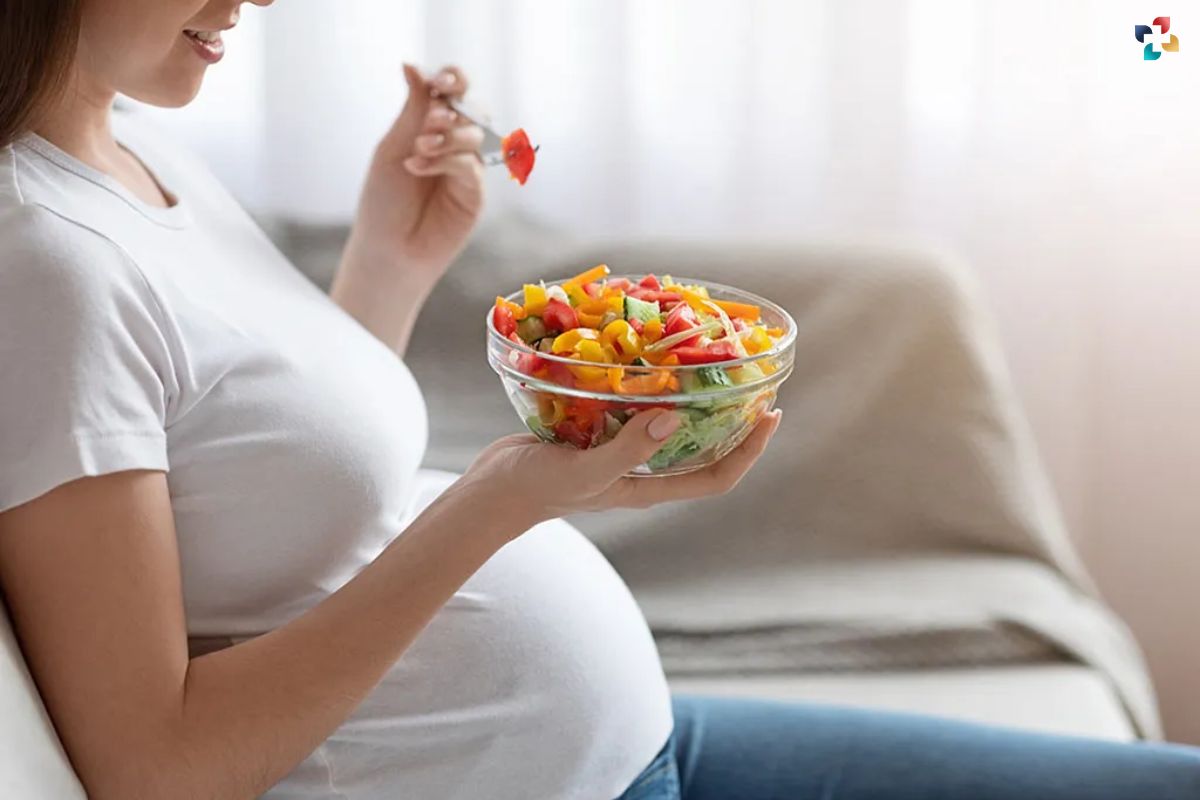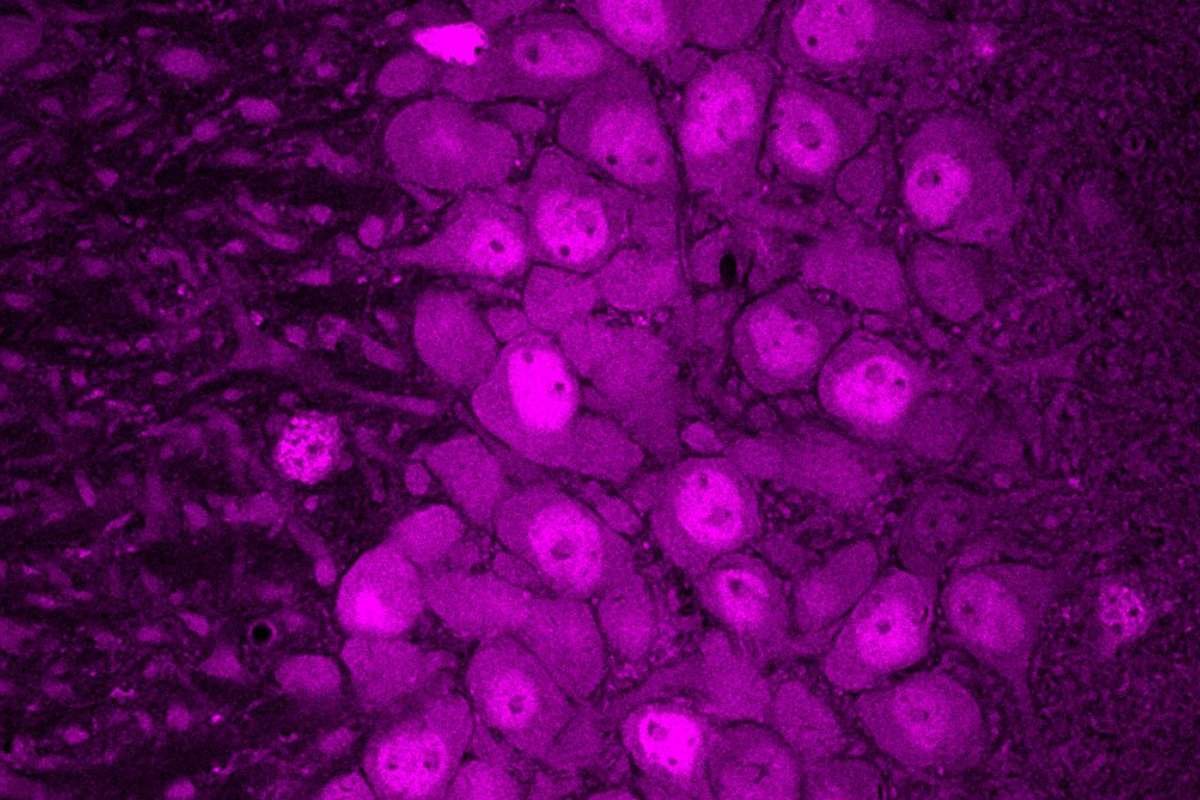Pregnancy is a time of significant physical and emotional change, and it is crucial to ensure that you are eating enough to support the health of both you and your growing baby. Eating a balanced and nutritious diet during pregnancy is essential to provide the necessary nutrients for fetal growth and development. Still, it can be challenging to determine if you are eating enough. In this article, we will discuss how to know if you are eating enough during pregnancy, including signs to look for and practical tips to ensure you are getting the nutrients you need.
Why is It Important to Eat Enough During Pregnancy?
Eating enough during pregnancy is essential to ensure that your baby receives the nutrients necessary for growth and development. A balanced and nutritious diet during pregnancy can help prevent complications such as low birth weight, premature birth, and birth defects. Additionally, eating enough during pregnancy can help you maintain a healthy weight, prevent excessive weight gain, and reduce the risk of gestational diabetes.
How Much Should You Be Eating During Pregnancy?
The amount of food you should be eating during pregnancy depends on several factors, including your pre-pregnancy weight, activity level, and the stage of pregnancy. Generally, pregnant women need an additional 300-500 calories per day during the second and third trimesters.

It is essential to focus on the quality of the calories you are consuming, rather than the quantity. Eating a variety of nutrient-dense foods such as fruits, vegetables, whole grains, lean proteins, and healthy fats can provide the necessary nutrients for both you and your baby.
Here are the 5 Signs That You May Not Be Eating Enough During Pregnancy:
It can be challenging to determine if you are eating enough during pregnancy, but there are several signs to look for that may indicate you need to increase your calorie intake. Here are some common signs:
1. Excessive weight gain or loss
During pregnancy, it is normal to gain weight, but excessive weight gain or loss can be a sign that you are not eating enough or getting the right nutrients. If you are gaining weight too rapidly or losing weight, it is essential to speak with your healthcare provider to determine if adjustments need to be made to your diet.
2. Low energy levels
Pregnancy can be tiring, but if you are consistently feeling exhausted or experiencing low energy levels, it may be a sign that you are not eating enough. Your body needs additional calories and nutrients to support the growth and development of your baby, and if you are not consuming enough, it can affect your energy levels.
3. Mood swings
Pregnancy can be an emotional rollercoaster, but if you are experiencing mood swings or feeling irritable or anxious, it may be a sign that you are not eating enough. Low blood sugar levels can affect your mood, and if you are not consuming enough calories and Eating Enough During Pregnancy, it can lead to fluctuations in your blood sugar levels.
4. Constipation

Constipation is a common pregnancy symptom, but if you are experiencing it frequently, it may be a sign that you are not Eating Enough During Pregnancy. A diet rich in fruits, vegetables, and whole grains can help prevent constipation and ensure you are getting the necessary nutrients.
5. Decreased fetal movement
If you are not consuming enough calories, it can affect the growth and development of your baby. Decreased fetal movement can be a sign that your baby is not getting enough nutrients and may indicate that you need to increase your calorie intake.
Tips for Ensuring You Are Eating Enough During Pregnancy:
- Keep track of your weight gain
Tracking your weight gain can help ensure that you are gaining weight at a healthy rate. Your healthcare provider can provide guidance on how much weight you should be gaining during each trimester and can help you determine if adjustments need to be made to your diet.
- Focus on nutrient-dense foods
Eating a variety of nutrient-dense foods such as fruits, vegetables, whole grains, lean proteins, and healthy fats can ensure that you are getting the necessary nutrients for both you and your baby. Try to incorporate various colors and textures into your meals to ensure you are getting a range of vitamins and minerals.
- Eat frequent, small meals
Eating frequent, small meals throughout the day can help ensure that you are getting enough calories and nutrients. It can also help prevent nausea and heartburn, which are common pregnancy symptoms.
- Stay hydrated
Drinking enough water is essential during pregnancy, as it helps support the growth and development of your baby and can help prevent constipation. Aim to drink at least eight glasses of water per day, and consider incorporating hydrating foods such as watermelon and cucumbers into your diet.
- Listen to your body

Your body will give you signals when it is hungry or full, so it is essential to listen to these signals and eat when you are hungry and stop eating when you are full. Don’t feel pressured to finish all the food on your plate if you are feeling full, and try to avoid eating when you are not hungry.
- Speak with your healthcare provider
If you are unsure if you are eating enough during pregnancy, it is essential to speak with your healthcare provider. They can provide guidance on how many calories you should be consuming, recommend specific foods to incorporate into your diet and help monitor your weight gain.
BOTTOM LINE
Eating enough during pregnancy is crucial to ensure the health of both you and your growing baby. Signs that you may not be eating enough include excessive weight gain or loss, low energy levels, mood swings, constipation, and decreased fetal movement. Tips for ensuring you are eating enough during pregnancy include tracking your weight gain, focusing on nutrient-dense foods, eating frequent, small meals, staying hydrated, listening to your body, and speaking with your healthcare provider. By following these tips, you can ensure that you are providing your baby with the necessary nutrients for growth and development and maintaining your own health during pregnancy.
Also Read: 7 Reasons Why Walking is the Best Exercise During Pregnancy







